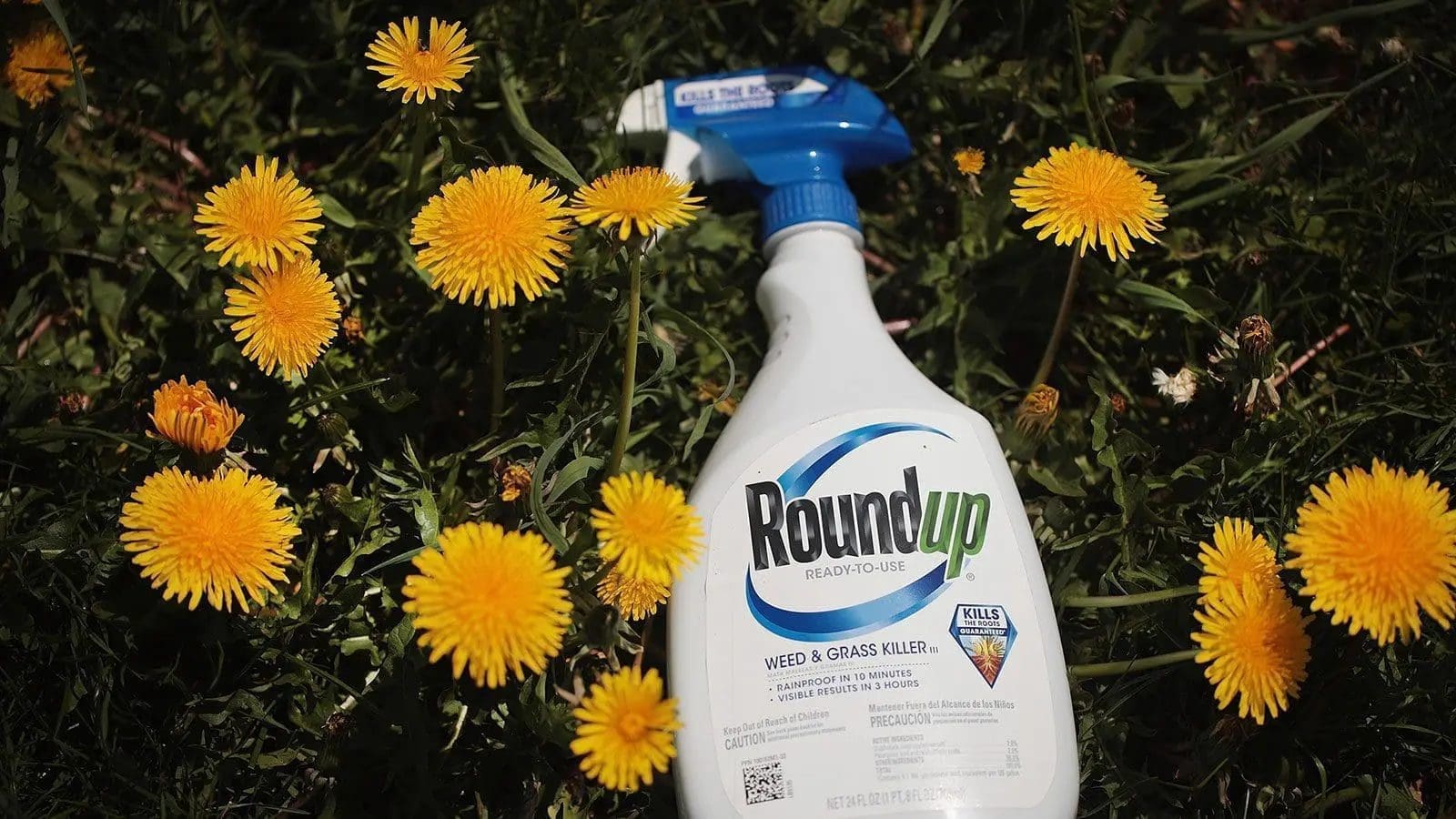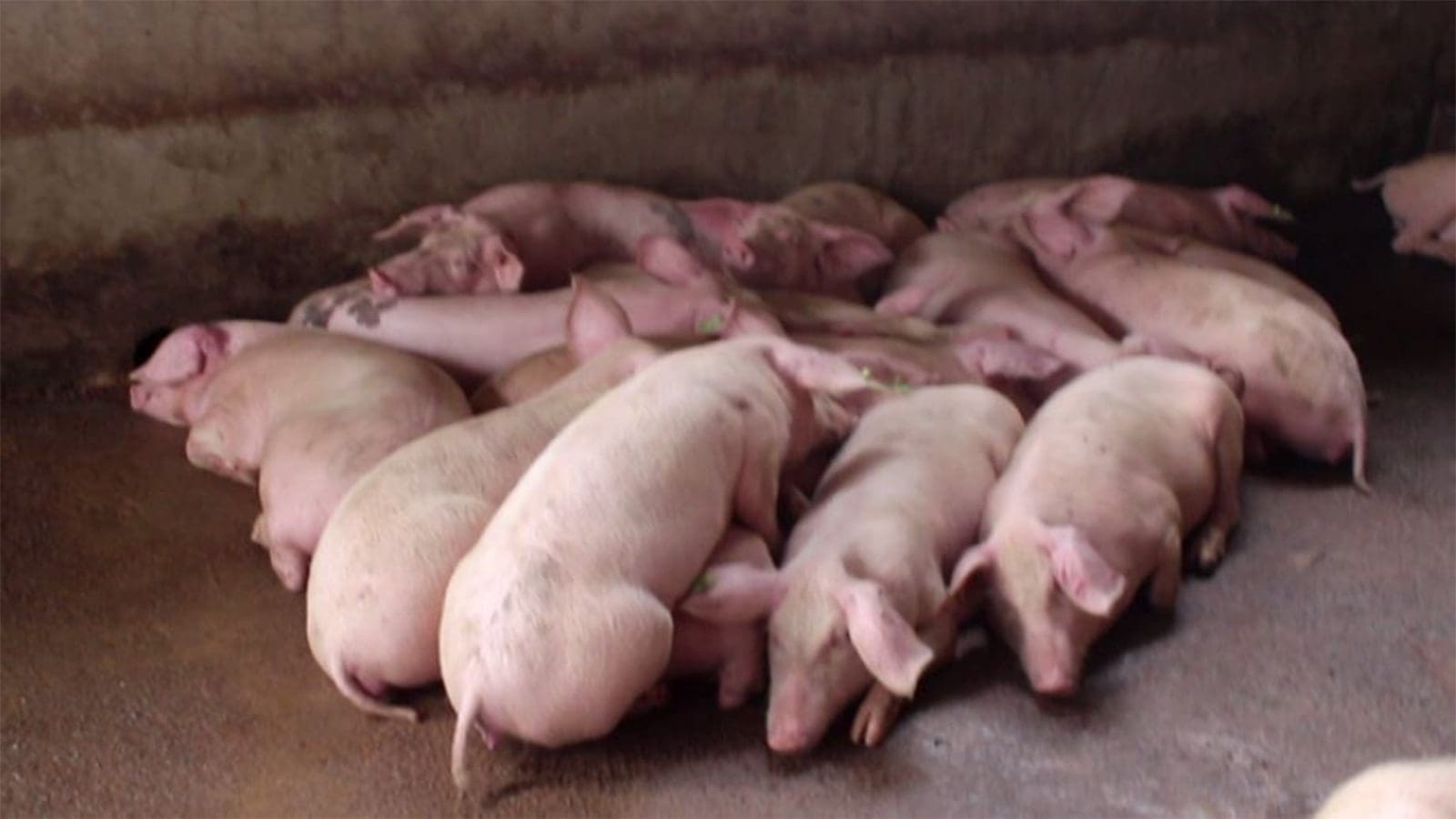NIGERIA – The Nigerian Institute of Animal Science (NIAS), a regulatory agency for animal science practice with powers to regulate all matters pertaining to animal husbandry in Nigeria, has cautioned feed business premises operators of the consequences of non-compliance to the regulations guiding the operations of feed milling industry in Nigeria.
The feed business operators include feed mills, premix mills/importers of premix and feed additives dealers.
The Head, Inspectorate and Compliance Department, NIAS, Mr. Olufemi A. Atunbi, warned while on an inspection of feed mills in Lagos and Ibadan, that any feed business premises that refused to submit its process for scrutiny three years after the release of the gazette should be ready to face the music.
Stakeholders had previously criticized the poor quality of feeds in the industry which lead to high mortalities, low productivity and ultimately, very poor returns on investments.
They had urged the regulatory bodies to pay particular attention to mycotoxins and dioxins in feed.
A lack of oversight and adequate regulation in the animal feed sector is a concern for the creation of anti-microbial resistance and spread of diseases.
The Director-General, National Agency for Food and Drug Administration and Control, (NAFDAC), Prof. Mojisola Adeyeye, has also added her voice to the matter by calling on farmers to be more cautious on the quality of input used on their farm animals as whatever is fed to the animals passes into the food chain.
“The emerging trend of events in global food safety has revealed that the safety and well-being of man directly depends on the animal health and environment,
“In order to effectively achieve this height, a multi-disciplinary approach is the only left alternative which must be effectively explored as soon as possible. We are yet to explore the livestock sector of international trade,” she said.
Accordingly, NIAS is enforcing a code of practice for the industrial manufacturing of safe feed materials to guide manufacturers on how to establish and implement their feed safety management system.
It will include necessities for a management system, risk control, documentation, withdrawal and traceability.
The lead inspectorate, NIAS, reiterated the commitment of Federal Government to the development of agricultural businesses in the country and ensuring that stakeholders work within the confines of the law.
He informed on the release of a new gazette by Federal Government on Regulation for Breeder Farms, Hatchery Operation and Day-old chicks Quality in Nigeria.
According to him, the institute was socializing operators on the regulation aimed at checking quackery and ensuring quality in the day-old chicks’ business and safe farmers investment.
One area stakeholders want a review is manufacturing practice to ensure they are appropriate for the animal feed industry.
In the interim, the institute is driving a campaign to improve the connection between livestock, feed use and food safety.
Mordor Intelligence projects the Africa compound feed market to register a CAGR of 3.6% during the forecast period 2021-2026 with the South African market recording a steady growth.








